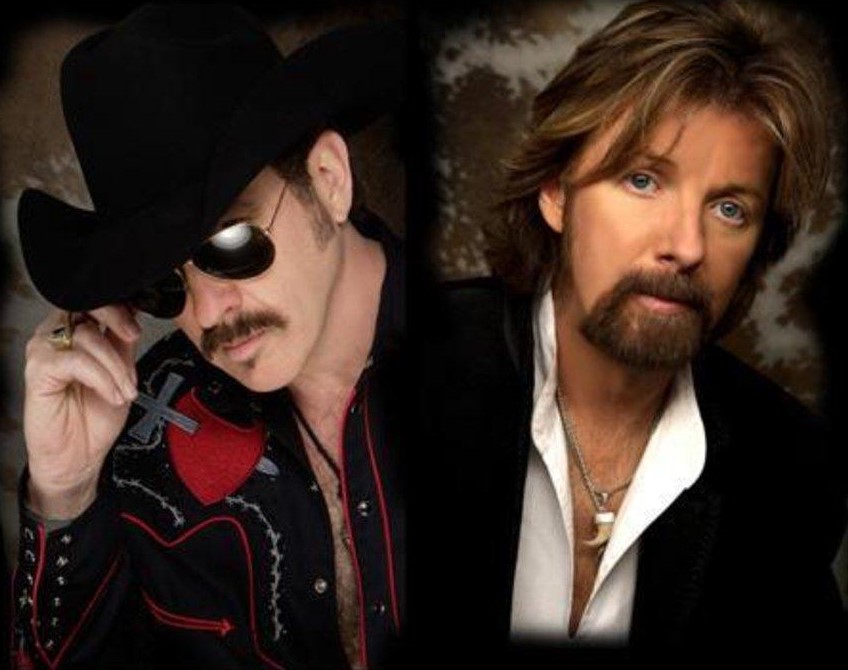
A Rowdy Rebellion Wrapped in a Country Hook
When Brooks & Dunn unleashed “Play Something Country” in 2005, it wasn’t just a call to the DJ—it was a foot-stomping manifesto that reminded the genre of its raw, untamed heart. Released as the lead single from their album “Hillbilly Deluxe,” the track charged up the Billboard Hot Country Songs chart and claimed the No. 1 spot, marking the twentieth time the duo had reached the summit. It was a late-career triumph, underscoring how Kix Brooks and Ronnie Dunn, even after more than a decade of hits, could still ignite the honky-tonk spirit with firebrand authenticity.
On its surface, “Play Something Country” is brash, fast-paced fun—a barroom brawler of a song that barrels through its three minutes with swagger and steel. But beneath its rebellious bravado lies a deeper chord: it’s an anthem for female agency and rural identity, delivered with rhinestone grit and electric twang. Written by Ronnie Dunn and hitmaking Nashville songwriter Terry McBride, the track doesn’t so much ask for attention as it demands it—through the lens of a Southern woman who isn’t there to sip quietly or smile politely. She wants her sound heard, and she’ll make sure it is.
Musically, “Play Something Country” is a masterclass in energetic arrangement. The electric guitar snarls with confidence, matched stride for stride by vibrant fiddle flourishes and a rhythm section that drives like an old Ford tearing up a back road. Kix Brooks takes lead vocals on this one—a rarity for the duo—and his performance is raw and unrelenting, capturing the rowdy energy of both the band and its unapologetic heroine. His voice, less polished than Dunn’s but rich with character, gives the song its necessary edge.
The woman in question is no coy muse—she’s described as “a pretty little country queen,” but she’s also packing attitude and dressed to kill in pink cowboy boots. She elbows her way to the bar, confronts the DJ, and becomes both subject and symbol: a figure who refuses to be sidelined in her own story. In this way, the song becomes not just about music selection—it’s about control, about defiance. It cleverly subverts traditional gender roles in country music without losing any of its boot-scootin’ credibility.
By 2005, country music was undergoing seismic shifts—pop influences creeping into its veins, production gloss starting to smooth over its rough edges. But “Play Something Country” stood tall as an unabashed throwback to honky-tonk roots with modern-day rebellion stirred in. It didn’t apologize for being loud or proud; instead, it raised a shot glass to tradition while daring anyone to try and quiet it down.
In this thunderous celebration of individuality set against a barroom backdrop, Brooks & Dunn reaffirmed their role not just as chart-toppers but as chroniclers of country’s soul—the keepers of stories where strong women raise hell and good music speaks louder than words.